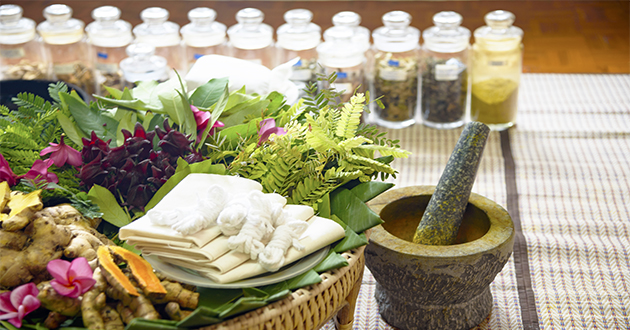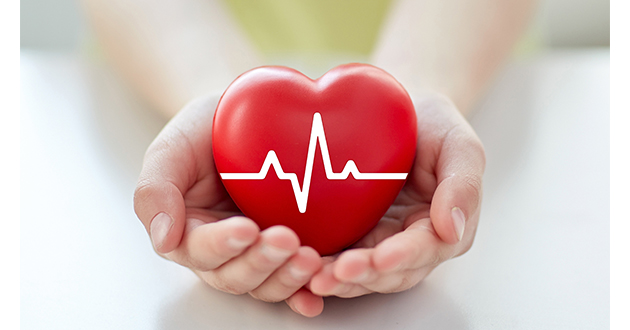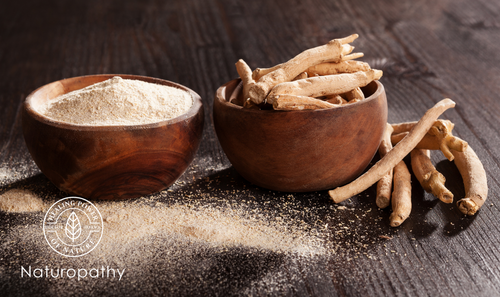Ayurvedic Powerful Herb “Ashwagandha”
Ayurvedic Powerful Herb “Ashwagandha”
Ashwagandha is one of the most important herbs used in Ayurveda
Ayurveda is a traditional medicine used in India since ancient times. Ayur means life, and Veda means knowledge. It has been supported for over 5,000 years as "knowledge of life" is one of the foundations of Indian culture and is strongly supported by the general public. Chinese herbal medicine is also considered to have its origin in this Ayurveda.
Ashwagandha means "smell like a horse" in Hindi, and this herb is said to resemble the smell of horse urine, but it is rare for people to notice this smell. Instead, it is more likely to mean that it produces horse-like power, and I believe this anecdote about urine comes from an Indian joke.
Ashwagandha and Energy Tonic

Ashwagandha is considered a wonder drug of longevity in Ayurveda and has a great many benefits. The most important of these is that it is an adaptogenic tonic. Ginseng is a well-known herbal tonic. The difference between ginseng and ashwagandha is that ashwagandha is not stimulating. In the case of chronic fatigue, ginseng may be too stimulating and may have an adverse effect. Ashwagandha, however, is not only an adaptogenic tonic but also has a relaxing effect so that it can be safely taken by those with irritability, panic attacks, and anxiety.
Ashwagandha and Men's Health
Ashwagandha is also excellent for increasing energy and stamina, especially in men, where it acts similarly to the male hormone testosterone. Studies have shown improvements in hemoglobin, increased red blood cell count, decreased gray hair, lowered cholesterol, improved libido, and stronger nails.
Ashwagandha and Stress Reduction

Ashwagandha is also outstanding in increasing stress resistance, reducing stress-induced brain damage, increasing physical performance, increasing heart size, and improving sugar metabolism. It also inhibits stress-induced gastric ulcers, adrenal atrophy, and the elevation of stress hormones.
In Ayurveda, ashwagandha is considered a calming herb that helps to relieve anxiety, provide relaxation, and regulate sleep. Its action on sleep does not induce sleepiness but instead creates a regular sleep cycle and promotes a refreshing effect the following day.
It also improves memory and reduces symptoms of senile dementia. It also reduces alcohol, tobacco, and drug addiction by calming the mind.
Ashwagandha and the Heart Health

Ashwagandha also has many positive benefits for the heart. It improves blood circulation by reducing blood clotting, aids in heart contraction, and improves the metabolism in the heart.
In addition, ashwagandha has been shown to reduce inflammation like cortisol, improve immune function, and have antibiotic properties, liver protective actions, and anti-cancer activity.
Research on Ashwagandha and Cancer

As mentioned above, the benefits of ashwagandha are very diverse.
The fantastic thing about ashwagandha is that these benefits are not just a matter of folklore but have all been confirmed by recent research. The effects on cancer have been studied extensively, and animal studies at Japan's National Institute of Advanced Industrial Science and Technology (AIST) have shown that it activates cancer-suppressor genes, leading to the inhibition of cancer cell proliferation and prevention of normal cell aging. Other studies have also confirmed that it reduces the side effects of anticancer medicines and radiation therapy.
How much ashwagandha should be taken daily?
The typical dosage of ashwagandha is 1 gram per day. Since it is a very safe herb, ashwagandha can be taken for an extended period without side effects. Ashwagandha is known as a relatively slow-working herb. It should be taken at least 4-6 weeks to begin showing benefits. For faster recovery, combine it with other herbs such as Licorice, Maca, Siberian ginseng, Ginger, Ginkgo biloba, and Rhodiola.
reference:
https://www.ncbi.nlm.nih.gov/pmc/articles/PMC35735... https://www.ncbi.nlm.nih.gov/pmc/articles/PMC3252722/ https://www.ncbi.nlm.nih.gov/pmc/articles/PMC35735... https://www.ncbi.nlm.nih.gov/pmc/articles/PMC4899165/
* These statements have not been evaluated by the Food and Drug Administration. This product is not intended to diagnose, treat, cure, or prevent any disease.

 US Dollar
US Dollar

